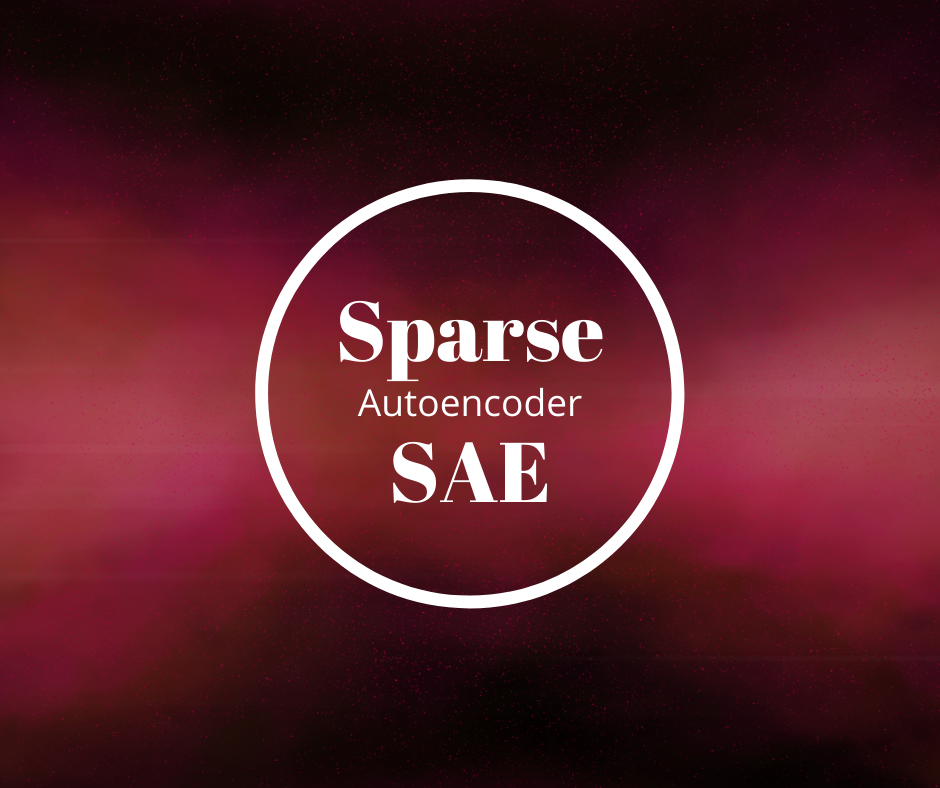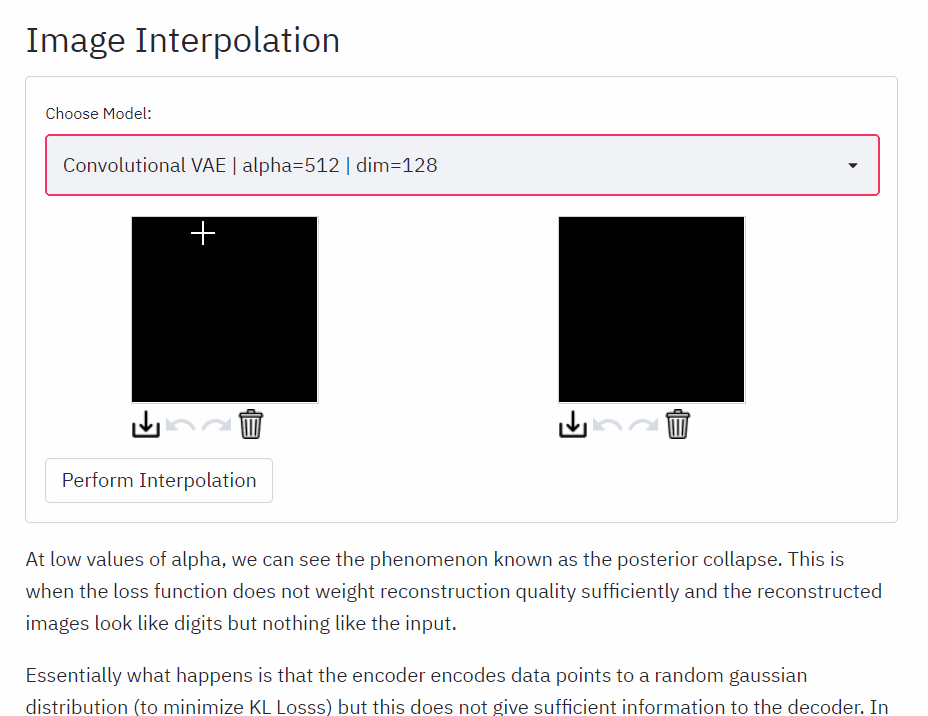
Theory and PyTorch Implementation

Theory and PyTorch Implementation

An in-depth exploration of autoencoders and dimensionality reduction
Start with Autoencoders to better understand GANs
An example use case of using Variational Autoencoders (VAE) to detect anomalies in all types of data
Efficient vector quantization for machine learning optimizations (eps. vector quantized variational autoencoders), better than straight…
Introduction to key elements of ML and Autoencoders: Embedding, Clustering, and Similarity.

A comparison between Undercomplete and Sparse AE with a detailed Python example

What is an Autoencoder, and how to build one in Python?
based on "Hands-On Machine Learning with Scikit-Learn & TensorFlow" (O'Reilly, Aurelien Geron) - bjpcjp/scikit-and-tensorflow-workbooks

With Streamlit creating a deploying a web app can be very easy!
This blog post is part of a mini-series that talks about the different aspects of building a PyTorch Deep Learning project using Variational Autoencoders. In Part 1, we looked at the variational…
In recent years, GANs (generative adversarial networks) have been all the rage in the field of deep-learning generative models, leaving…
Autoencoders can be a very powerful tool for leveraging unlabeled data to solve a variety of problems, such as learning a "feature extractor" that helps build powerful classifiers, finding anomalies, or doing a Missing Value Imputation.